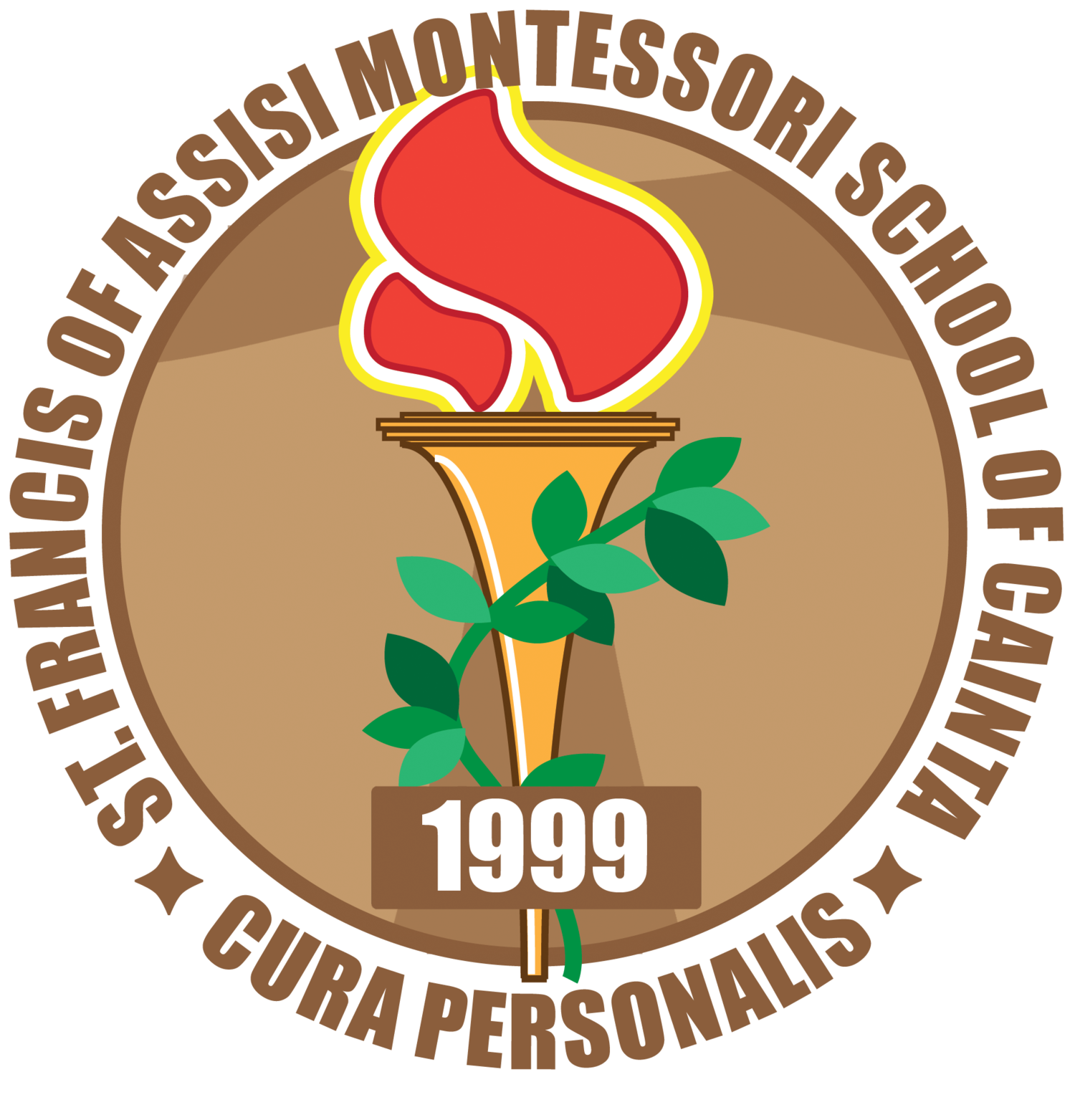Here are the following tools that you need to make online learning possible:
1) A good internet connection
2) A headset with mic
3) A laptop or tablet
1) A good Internet Connection
A good internet connection is self-evident. We recommend the following Internet providers because of their reliable service and good internet speeds
Tip: To all our parents who plan to apply for a new internet connection or wish to upgrade their connection, please apply as soon as possible and do not wait. Due to the pandemic, many people are working at home, and many students will be doing online classes. There is a massive demand for new internet connections, and internet service providers cannot keep up. There have been reports it could take up to a month for a company to service you. Our online classes will begin on August 24, so there is still plenty of time, but we recommend that everyone apply as soon as possible. Better too early than too late.
2) A Good Headset
Here is why one should be wearing a good headset with a mic:
The most obvious is the child will be able to hear the lecture and their recitations and questions will be heard loud and clear by the teacher and his/her classmates.
The built-in speakers and mics of most laptops and tablets are usually of poor quality and sometimes challenging to hear. Also, external mics tend to pick up a lot of ambient noise, which could distract the class.
A headset is more ergonomic than earbuds with a mic because earbuds require you to lift and hold the mic near your mouth to be able to be heard clearly, while a headset, the mic is always positioned near your mouth. Headsets keep the students' hands on the keyboard and mouse so that they can focus on their school tasks.
Headsets promote good posture and proper blood circulation because it gives them the freedom to move and sit in any way that is comfortable.
Recommended headsets that even our teachers use :
Budget: Logitech H110 (Php 600) low cost and good quality for its price.
Mid-range: Onikuma K5 Gaming Headset (Php 1,600)
Higher End: Jabra Evolve 20 USB Headset (Php 2,700)
3) A Laptop or Tablet
Laptops
Notebook computers and Tablets are both excellent choices for online learning. Our online systems will work well for both desktop and mobile devices (including smartphones). So whichever gadget your child uses, they can get the full benefit. However, tablets and Personal computers have their pros and cons. Here a quick buying guide for online learning.
Computer Laptops
PROS: Laptops are excellent gadgets for online learning because:
They have built-in keyboards making writing documents and reports more comfortable.
They can easily download documents, save, and transfer them via USB when needed.
It is easier to create presentations, edit documents, manipulate media, cut and paste with a mouse rather than a touch screen. Laptops are designed for productivity.
Easy to add accessories and peripherals such as an external hard disk or mouse.
The Cons for PC Laptops
Notebook PCs are usually more expensive than tablets.
Most budget Laptops have lower-quality screens then tablets, which can be less comfortable to view for long periods.
PC Notebooks are prone to viruses and malware that can slow down the computer or sometimes disable it. Apple computers are less likely to catch viruses but are more expensive.
Minimum Requirements
Any laptop or desktop that can run Windows 10 or Sierra for Macs
Video cam and Mic
Intel i3 Processor (or higher such as Intel i5 or i7. For AMD Ryzen 3 and above). Avoid Celeron CPUS, they are cheap but very slow.
Memory should be at least 4gb of RAM but we recommend 8gb and above.
Storage should be at least 128gb and above
Built-in Video Cam and Mic for online classes
If you are using a headset make sure there is a 3.5mm jack available
Some Budget Laptop Recommendations
Lenovo Idea Pad 330 (16,000 to 20,000 Php depending on specifications)
Asus Aspire 3 or 5 (16,000 to 30,000 Php depending on specifications)
Asus Vivo Book (20,000 to 30,000 Php depending on specifications)
Apple Macbook Air 2017 or 2020 (47,000 to 60,000)
NOTES ON MEMORY
The more memory a computer has, the more applications and programs it can use without slowing down. Most budget laptops come with only 4gb of memory. We recommend asking the computer store to upgrade it to at least 8gb. (additional 1,000 to 1,500 pesos)
NOTES ON STORAGE
Storage is where your computer stores your apps and saves all the files and documents. There are two kinds of storage: Hard Disks and SSD. The hard disk is an older technology. Therefore it is cheaper and has more space but slower. Most budget laptops have 1tb or 1 terrabyte of hard disk. (roughly 1000gb)
The SSD (Solid State Drive) is a little more expensive, it has less space but is very fast. Computers with SSD installed feels much smoother and quicker than computers with hard disks. If your budget can afford it, we suggest you ask your shop to upgrade your laptop to at least a 128gb SSD. (additional php 1,000 to php 1,500)
Storage usually can be upgraded if needed.
Your local computer store usually can help upgrade your laptop for you.
Tablets
We think tablets are better for online education for preschool and grade 1 learners because they are easier to use and manipulate then laptops. Our online education system will require them to draw shapes, write letters, and drag different objects on the screen as part of their video conference school activities. For these activities, it is easier to use a touch screen than to use a mouse and keyboard. Usually, we need a laptop to download schoolwork easily; however, we will supplement our preschool and first graders with modules and answer sheets for their offline school work, so there is no need to download or print anything. Laptops are also excellent for typing long documents, but our preschool and grade 1 will be doing most of their writing on answer sheets from the modules provided by the school. On top of that, tablets are usually more affordable than laptops, making them an excellent choice for parents on a budget.
The PROS of Tablets
More convenient for reading, and watching video lectures
More vibrant and brighter screens than most laptops. Higher-resolution, more vibrant images. More comfortable for prolonged use.
Better performance than most laptops. Mobile devices nowadays usually have more powerful processors than budget laptops.
Lower cost but better build quality
Has dual cameras to easily capture photos and videos of offline projects.
Webcams of most tablets are of better quality than webcams of most laptops.
Our learning system has dedicated apps for tablets.
Less prone to viruses
Smaller, lighter, more convenient to use.
The CONS of Tablets
More challenging to download and save documents.
Editing, typing, copying, and pasting on a touch screen is less convenient. However, you can buy a separate keyboard.
Easier to download games. More temptation
Minimum Requirements of Tablets.
Any tablets not older than 3 years old. Some older tablets can work with our system, but we need to test them first. We will begin beta testing, starting at the start of July. Please stay tuned.
Recommended tablets:
Samsung Galaxy Tab A 10.1 (Php 12K)
HUAWEI MediaPad M5 lite 10.1 (Php 13K)
Apple iPad 2020 (18K)
If you have questions about the specifications of a tablet or laptop you wish to use, please feel free to consult with us through PM or email











